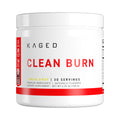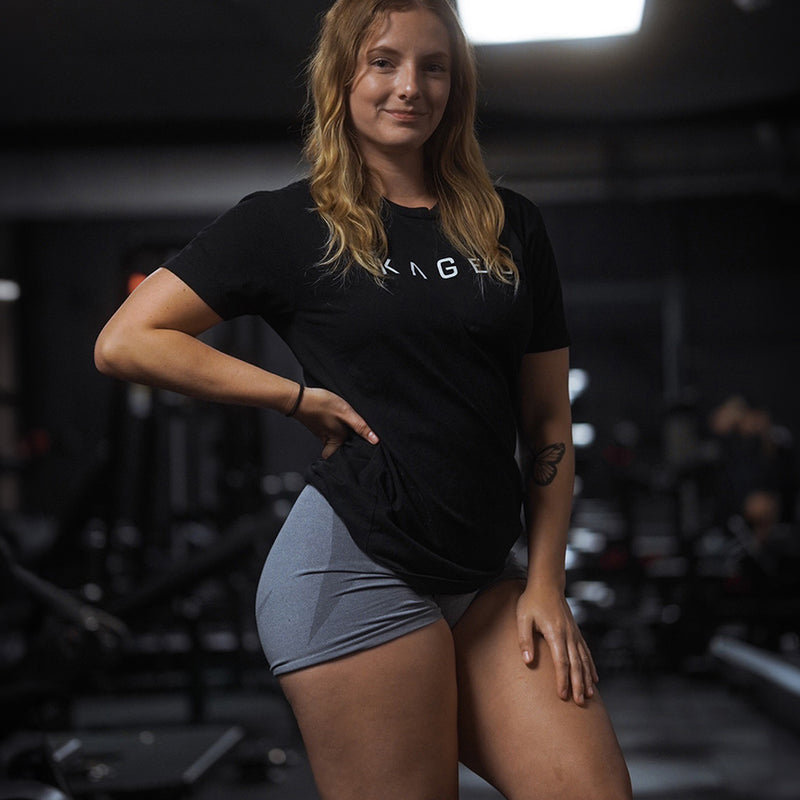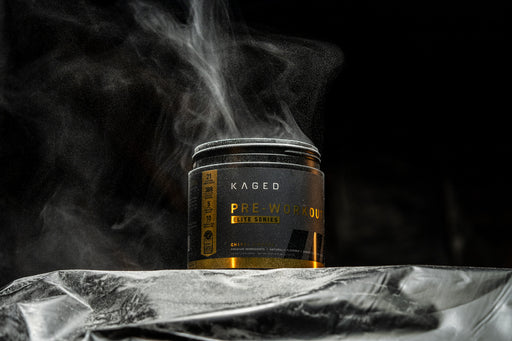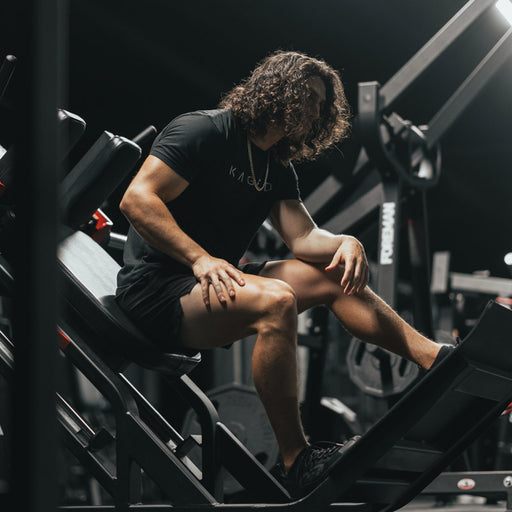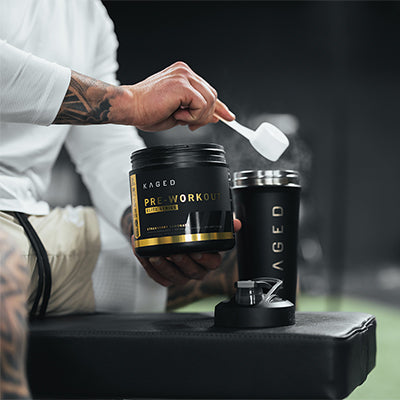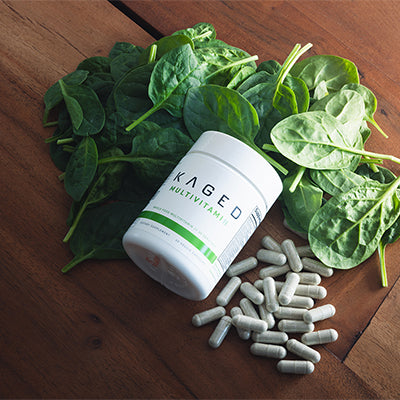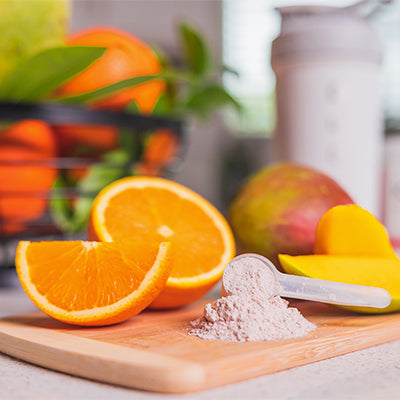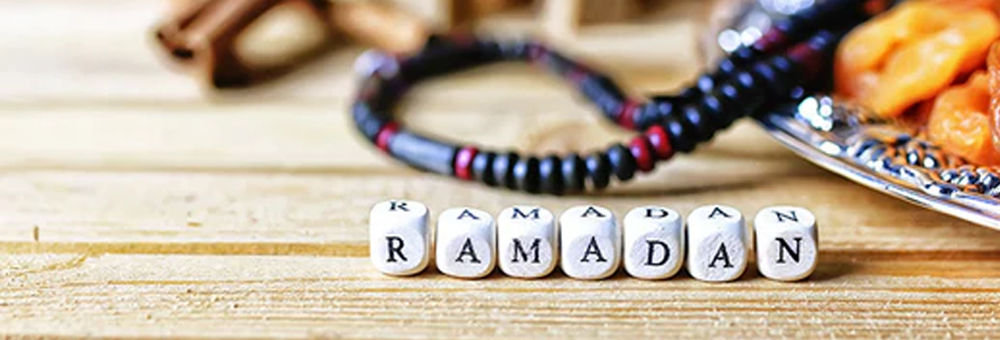Every year my inbox is swarmed with the same question from Muslims – How can I get through Ramadan without compromising my progress? As someone who's lived all over the world, I've had the privilege and honor of spending time with a lot of Muslims who are very much committed to their training. During Ramadan, I understand the obstacles which can present themselves, so I thought it may be helpful to write an article to assist Muslims who want to consciously make an effort to protect their results and progress during the holy month of Ramadan.
The obvious problem faced by Muslim during Ramadan is the fact that they don’t eat during the day. For the entire time, there is daylight, they have to fast which can leave them:
1) More vulnerable to catabolism
2) More prone to experiencing low energy levels
3) More susceptible to not wanting to train
4) More likely to struggle with recovery
It isn't just food Muslims forgo either, it's water as well. This can exaggerate the above problems as dehydration causes the body to function less optimally. Generally speaking, a lot of Muslims live in warmer climates, and with Ramadan taking place during the summer months, can further exacerbate dehydration.
However, my goal is to create solutions and help people continue to reach their health-related goals. Muslims who practice Ramadan have all of my respect, which is why I've spent time creating a list of solutions specifically for this extraordinary annual event in the Islamic calendar.
Hyper-Hydrate

The biggest problem for your body is dehydration. The body can survive without food for a lot longer than water so hydration needs to be your priority. Given that Muslims cannot drink during daylight, it is even more important to hydrate properly during sundown. Aim to consume 1 gallon of water during the night, and add Hydra-Charge to your water! The addition of natural electrolytes from tender coconut water will help improve your overall state of hydration. This is even more relevant if you're living somewhere hot or humid where you're extremely susceptible to losing electrolytes and fluid through sweating. I like to add 3-4 scoops to my gallon jug.
Smart Nutrition
As there is no food allowed during the day, it's very important to select the best foods during the night while still allowing time to sleep. My recommendation would be to focus on fast digesting nutrients when breaking your fast. This will help provide you with a much-needed source of muscle repairing nutrients which quickly work their way through your system. Before your next fast begins, switch to slow release nutrients to help provide a prolonged source of nutrition for the next day, where your body would otherwise be without important muscle protecting nutrients.
This is an example I might recommend to a Muslim client:
Immediately After Fasting

2 servings of RE-KAGED
20 minutes later:
6-10 egg whites
1 cup of oats
4oz of pineapple
Banana
This meal will give you a very fast digesting, easy source of protein from hydrolyzed whey isolate with added ProHydrolase from Re-Kaged. You cannot get a faster-assimilating protein than this. Follow this up 20 minutes later with egg whites, oats, and fruit. The carbohydrates from the fruit will help replenish liver glycogen while the oats will be more suitable for muscle glycogen replenishment. This is the perfect way to break your fast.
Immediately Before Fast Begins

2 servings of Kasein
6 rice cakes
1 tablespoon of almond or natural peanut butter
6 strawberries
This meal needs to do the opposite of the day’s first meal. The ultra-premium casein protein from Kasein will give a prolonged slow release of amino acids to carry you through your next fast. The release of carbohydrates from the rice cakes and strawberries will be slowed down by the fats in the almond butter.
Both meals have significant amounts of protein in them due to the fact that your meal frequency will be lower than normal, therefore your intake needs to be higher per meal than usual.
Strategic Training & Exercise
During Ramadan, your body isn't going to be equipped as it usually would be to cope with stress. This means that being smart about your training and exercise is imperative. My advice would be to cut training back to just 3 times per week. Don't over-stress your body because it's already fighting sleep deprivation, unfamiliar eating patterns, and potential dehydration.
Timing your training during Ramadan is really important. It needs to be during a time when you can drink fluid, and ideally get some nutrition in afterward to ignite the recovery process. Plan accordingly based on this advice and do your best to train close to sundown, or following your first meal.
Rocket Fuel
It's no secret that Muslims will complain of feeling more fatigued than usual during Ramadan which is completely understandable. Therefore, before your workouts, I'd highly recommend taking one serving of Pre-Kaged to raise mental awareness and physical energy production. As you're training less during Ramadan make each workout count by using this unparalleled pre-workout to dominate the gym!
Summary
There is a lot to consider with this religious observation, and there is no perfect answer which will suit everyone. I'm aware that it's traditional to eat certain dishes during Ramadan as well, which I respect, however you might want to find a balance between participation and indulgence if you're trying to be disciplined. Along with the two meal, options I provided, include foods which will enrich the body as often as possible while still partaking in your family’s traditions.

